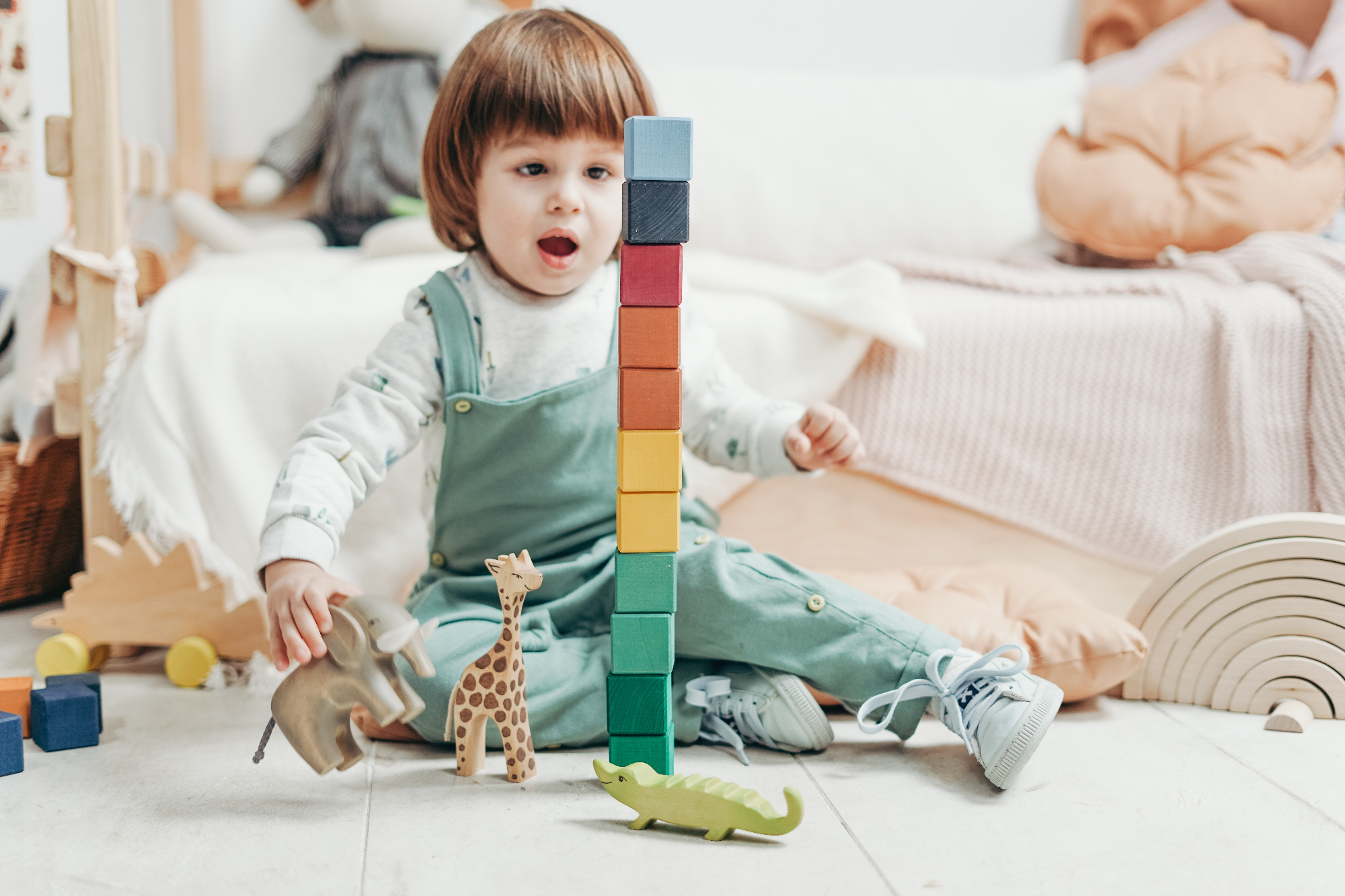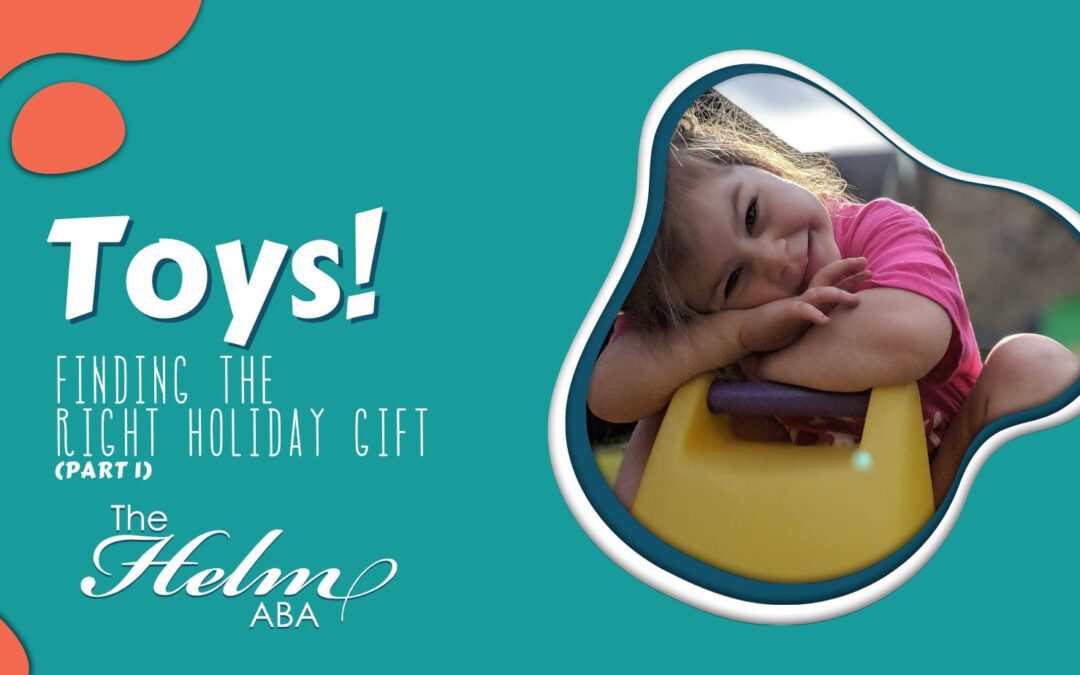The holiday season is approaching! A big question on every parent’s mind is “what toy can I get my kid that they will actually play with?” We all know the feeling of thinking you’ve nailed the perfect gift only to see it sit on a shelf collecting dust. And sometimes, when it comes to kiddos with sensory processing challenges, the “perfect” toy we bought can be overwhelming. So to help us figure out the best way to find sensory friendly toys that our kids will love to spend time with, we went to an expert!
Keriann Wilmot, the Toy Queen and author of Wired Differently: A Teacher’s Guide to Understanding Sensory-Processing Challenges, has been an Occupational Therapist in North Texas for 22 years. That alone makes her the perfect person to talk to about finding the right toy, but what sets Keri apart from the rest is that she has also spent the last 13 years dedicated to helping kids find the best way to play with toys to help with their development.
Her work spans from finding ways to play with toys that are “differently than instructed” to creating a YouTube channel to instruct kids and parents on how to play with great toys to consulting directly with toy companies to help them build toys to better suit kids’ needs.
The play’s the thing
Keri’s first big piece of advice is to watch and observe your child as they play individually. Look to see what is naturally motivating for them. What kinds of toys do they gravitate towards? What toys keep them engaged for longer periods of time? What makes them happy?
Keep an eye out for what types of play are the most engaging for your child. Does your child like to:
- Take things apart
- Put things together
- Move around a lot
- Climb or jump

- Sit quietly
- Use tangible objects
- Use malleable objects
Whatever style of play your child prefers is wonderful! There is no right or wrong. We all have preferences. Those preferences may be very different from their peers, and that is ok!
The toy aisle
Keri’s second big piece of advice is go to the toy aisle with your kiddo. Let them walk around. Let them touch. Let them play!
It’s very difficult to know what a toy actually does, what it feels like, and how engaging it is from a picture on a screen. Unfortunately, big toy stores like ToysRUs are fewer and farther between than they used to be so getting to the toy aisle is a little harder. But a trip to Target or Walmart can go a long way to understanding what your child is naturally attracted to.
This isn’t only a great way to find out what your kid likes to play with, it’s also a great way to spend some time together! Make a day of hitting up different stores and seeing what clicks. You can play, too!
Top toy lists?
The bottom line is that a kid likes what a kid likes. You can look at as many “Top Ten Toys for the Holidays” lists as you want, but they won’t tell you what you really need to know. That’s not to say that those lists aren’t a great place to start, but they shouldn’t be relied on completely.
Spend some time with your kiddo, observe them, and try out some new toys before you buy. Finding out what your kid already loves and diving into that is your best bet.
Want to know more? We talked to Keri about so much, it wouldn’t fit in one blog. Check back next week for even more incredible advice from The Toy Queen! We’ll cover topics like what toys are sensory friendly, how to make a typical toy more sensory friendly, and how to get the most out of play time!

